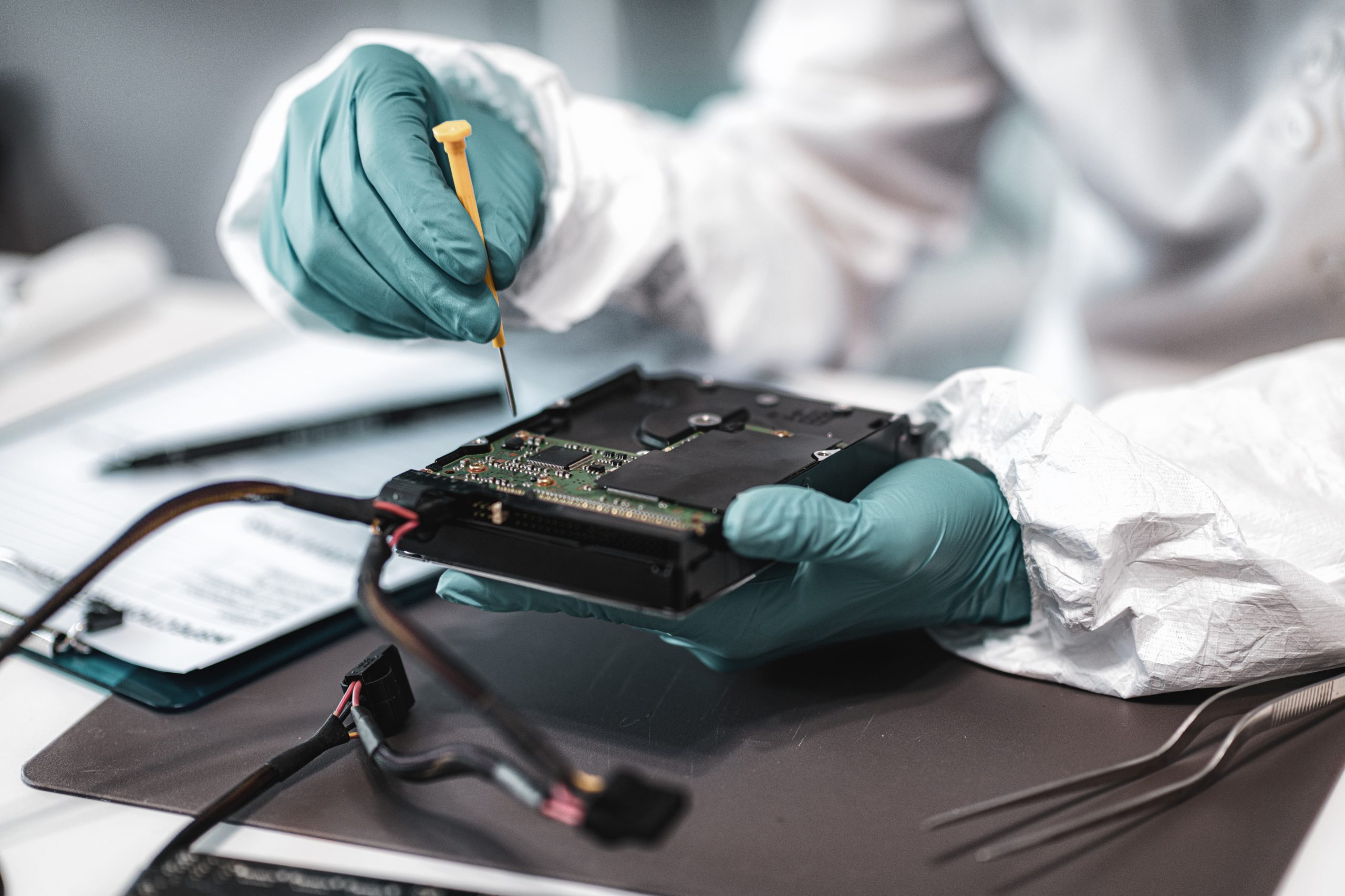BCIT is offering a new microcredential in Foundational Digital Forensics Skills. We checked in with Raymond Yu, Program Coordinator, Digital Forensics and Cybersecurity, to find out more.
Q: Who is the Foundational Digital Forensics Skills microcredential for?
RY: The microcredential starts on May 6 and is for anyone interested in digital forensics investigation. There are no prerequisites, but it is recommended to have a diploma or two years of post-secondary education in computer science, along with some knowledge of operating systems such as Windows, Linux and Mac.
Q: What will students learn?
RY: In 45 hours of online asynchronous training, students will learn the basics of digital forensic investigation and the usage of some digital forensics software. They can expect to learn key concepts, do some practical hands-on work investigating computer crimes and find hidden digital “smoking guns”.
Q: What led you to build this new microcredential?
RY: As more and more employers want to hire people who know digital forensics, my department has decided to develop this credential to help train more people in this area. One particular organization in Calgary that expressed interest is Coding for Veterans. Therefore, we have decided to develop three online courses so that these folks can access our courses without coming to BC. Since all the courses are online, they will be available to anyone from anywhere.
Q: How does a microcredential work?
RY: Microcredentials can help people wishing to explore new careers, formalize existing skills through credit-based assessment or assist those who want to develop new skills in their current line of work. This microcredential includes three 1-credit courses.
Q: Let’s say I’ve completed the microcredential. What could be next?
RY: If you’ve enjoyed the topics, you could consider taking the Advanced Certificate or the Bachelor of Technology degree in this area.
Sign up for the twice-yearly Forensics Investigator and keep up with the latest.
